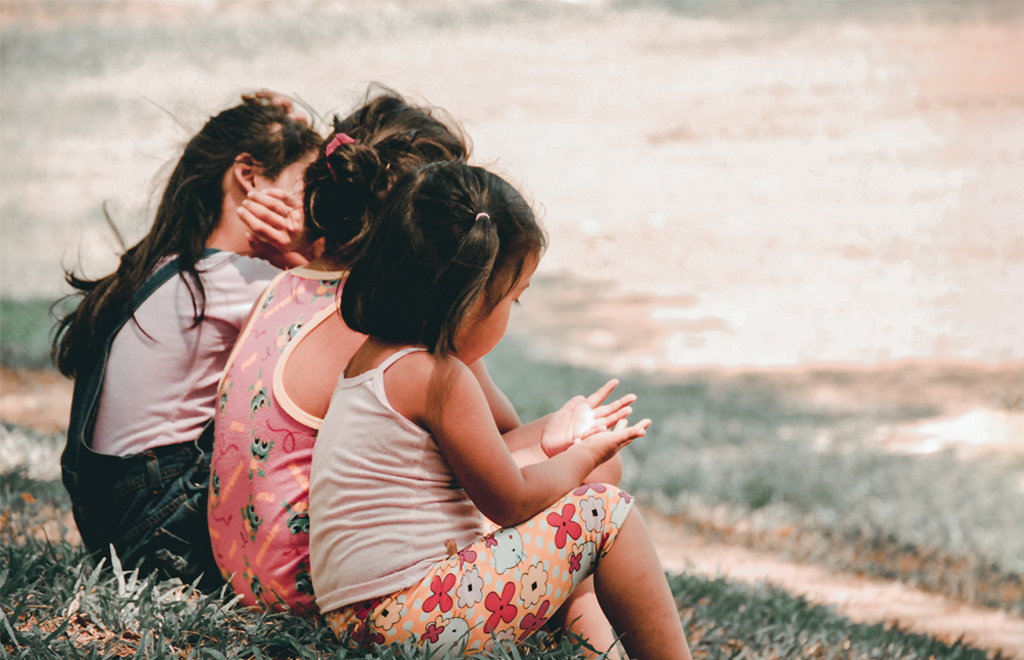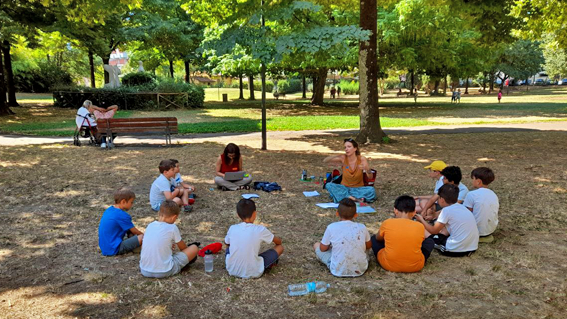Changing the mindset from research “about” children to research “with” children
For a long time, research on childhood has neglected the direct perspective of children, treating them primarily as objects of study rather than active subjects endowed with agency. Yet, implementing policies aimed at improving children’s living conditions without listening to their needs, the way they experience and see reality, is not only ethically wrong, but risks leading to negative results. Building projects based on knowledge produced by children, allows to structure more appropriate, relevant and sustainable activities.
The perspective with which we view the world is profoundly shaped by the experiences we have. A principle especially true when it comes to children. The evolution from approach that consider research “about” children to a “child centered” approach means recognizing that children are subjects with agency, capable of contributing actively to the production of knowledge and to our understanding of the world.
Moreover, for the same time that research has focused on children as the object – and not the subject – of study, no tools have been constructed to allow them to express themselves. Thanks to developments in the new Sociology of childhood and the 1989 UN Convention on the Rights of the Child, children’s voices have taken on a new centrality in research.
Children and adolescents have the right to express their views freely on all matters affecting them and must be heard by adults when they make decisions about them.”[Art. 12, UNCRC]
Methodological approach
At the methodological level, the transition from passive objects to active research subjects can occur in various ways. Children can take on the role of informants in varying degrees up to co-researchers. In any case, it is necessary to create a safe space in which children can express themselves through ways that are age-appropriate, including the use or creation of photographs, maps, drawings, and videos.
Involving children to participate in the different stages of research not only allows the adults and adults to have real knowledge of the life experience of the children in question, but also stimulates their individual and collective empowerment. By fostering participation in research and in all spheres of their lives from a young and young age, boys and girls become citizens and female citizens.


